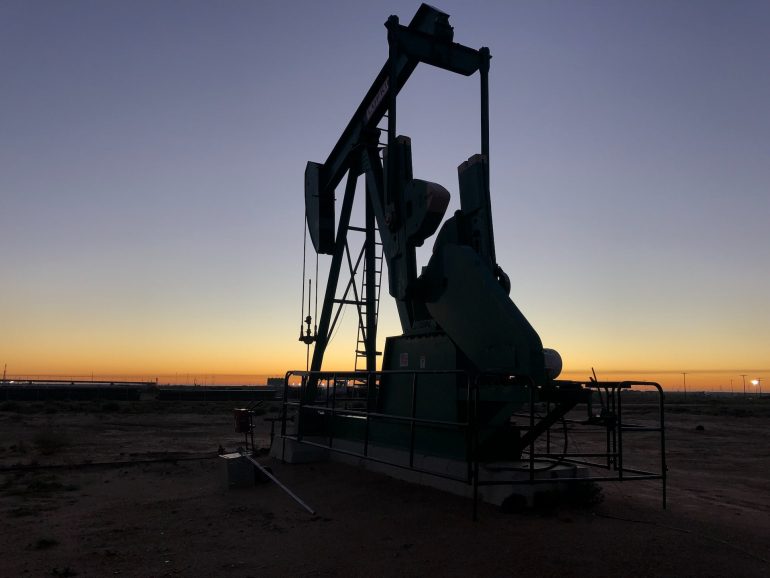Full Asayish statement below:
Chamchamal killing: What do we know so far…
- 21-year-old Sarhad Mubarak, son of Abdullah Kuekha Mubarak, a high-ranking military official in the KDP, was killed near his hoome in city of Chamchamal.
- A house, said to be belonging to the suspect, was set on fire which was later controlled by firefighters.
- NRT English has seen video footage showing heavy security forces moving through the center of Chamchamal. Also, armed men are seen walking through some neighborhoods. Reporters were told to stay away from the area as there is fear of violence.
- Local media reports that there was a blood feud between the victim's family and a second family. NRT Kurdish reported that there was an arrest warrant on the victim related to a previous murder, but the security forces were not able to arrest him due to his political affiliations.
Iraqi foreign ministry spokesperson, Ahmed Sahaf, tells the semi-official Iraqi News Agency (INA):
NRT Kurdish correspondent Soran Mohammed reports that a 21-year-old man, identified as the son of Abdullah Kuekha Mubarak, a high-ranking military official in the KDP, was killed in the Chamchamal district of northern Sulaymaniyah.
Danish Armed Forces Clarify Stance on Presence in Iraq
In an email to NRT English, the Danish Defence Command confirms that they are withdrawing their contributions from the anti-ISIS alliance but plan to remain in Iraq in cooperation with NATO. The full statement reads as follows:
Initial reports had suggested that Denmark had completely withdrawn its military from Iraq and Syria. These reports were sourced from Al Mayadeen, a Lebanese outlet considered supportive of Hezbollah and the Syrian government.
Some local Kurdish news outlets, along with international outlets, had sourced Al-Mayadeen, but the report proved to be not entirely accurate.
Historically, Denmark has been an active participant in the fight against ISIS, contributing to the alliance since 2016. Their decision to withdraw from the anti-ISIS alliance but maintain a presence in Iraq under NATO highlights the evolving nature of international military priorities and the ongoing complexities in the region.
The Danish Defence Command (Forsvarskommandoen) is the primary command authority for the Danish Armed Forces. It manages strategic planning, coordination, and execution of military operations both domestically and internationally. The command supervises the different branches of the Danish military to ensure effective cooperation and efficient operations for national security purposes.
- In an interview with NRT Kurdish, Mohammed Haji Mahmoud, leader of the Kurdistan Socialist Democratic Party (KSDP), confirmed that their electoral alliance received $1 million from Iran during the 2009 elections. The alliance included the Kurdistan Islamic Union (KIU), Kurdistan Justice Group (Komal), and Kurdistan Toilers' Party.
- The head of the engineering team at Iraq's North Oil Company told VOA Kurdish that all oil and gas fields in the Kurdistan Region will eventually fall under the control of the Iraqi government. As a result, he says the Kurdistan Regional Government (KRG) will have no choice but to agree to it.
- Amid instability in Sudan, Iraq’s foreign ministry announced the rescue of three citizens from Sudan to Saudi Arabia.












